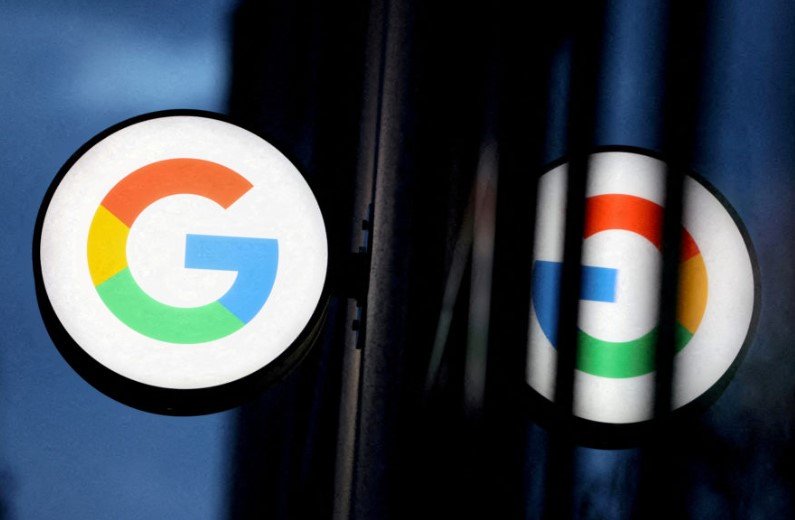Australia’s competition watchdog has taken legal action against Google, accusing the tech giant of anti-competitive deals with major telecom firms Telstra and Optus. The agreements, which ran from late 2019 to early 2021, ensured Google Search was the only pre-installed option on Android phones sold by these companies, limiting choices for users and rivals.
The Australian Competition and Consumer Commission launched the lawsuit on August 18, 2025, claiming these pacts harmed fair play in the search market. Google has admitted fault and agreed to a $55 million penalty, marking a key win for regulators pushing back against big tech dominance.
Background of the Case
The case centers on secret understandings between Google Asia Pacific and the two biggest Australian telecom providers. From December 2019 to March 2021, these deals required Telstra and Optus to install only Google Search as the default on their Android devices.
In return, the telecoms got a cut of ad revenue from Google searches made on those phones. This setup blocked other search engines from gaining a foothold, according to the regulator.
Regulators argue such practices reduce innovation and keep prices high for advertisers. The lawsuit follows a pattern of global scrutiny on Google’s market power, including a major U.S. ruling in 2024 that found Google guilty of monopoly in search and ads.

Australia has ramped up oversight of tech firms in recent years. This action builds on earlier probes into app stores and digital advertising, showing a tougher stance on anti-competitive behavior.
Details of the Agreements
The deals gave Google an edge by making its search engine the automatic choice for millions of Android users in Australia. Telstra and Optus, which control a large share of the mobile market, sold phones with Google Search locked in as the sole pre-installed option.
This meant users had to go out of their way to add alternatives like Bing or DuckDuckGo. The revenue-sharing model incentivized the telecoms to stick with Google, creating a barrier for competitors.
Key aspects of the agreements include:
- Exclusive pre-installation rights for Google Search.
- Revenue splits based on search ad income from the devices.
- Clauses that prevented promoting rival search apps.
The regulator estimates these pacts affected a significant portion of new Android phones sold during that period. With Android holding over 70 percent of the Australian mobile market in 2025, the impact on competition was substantial.
Experts point out that default settings heavily influence user behavior. Studies show most people stick with pre-installed apps, giving Google a massive advantage in gathering data and serving ads.
Google’s Response and Penalty
Google quickly cooperated with the investigation, admitting the deals broke competition rules. The company agreed to a joint submission with the regulator for a $55 million fine, to be decided by the Federal Court.
This penalty is one of the largest in Australia’s recent tech enforcement history. Google stated it respects the decision and aims to support a competitive digital economy.
The fine comes amid Google’s broader challenges. In the U.S., a 2024 court ordered potential breakup of its Android ecosystem after similar antitrust findings. India fined Google $160 million in 2022 for anti-competitive Android practices.
| Year | Country | Fine Amount | Reason |
|---|---|---|---|
| 2022 | India | $160 million | Abusing dominance in Android ecosystem |
| 2024 | USA | Ongoing remedies | Monopoly in search and advertising |
| 2025 | Australia | $55 million | Anti-competitive deals with telcos |
This table highlights Google’s recent global penalties, showing a trend of increasing regulatory pressure.
Implications for Competition and Consumers
These deals likely reduced options for Australian consumers, who missed out on diverse search experiences. Rivals struggled to compete, as pre-installation is key to gaining users in a market where Google holds over 90 percent share.
The case could lead to more open practices in device setups. It might encourage telecoms to offer multiple search choices, boosting innovation in areas like privacy-focused engines.
On the business side, advertisers may see lower costs if competition increases. Small search firms could gain traction, diversifying the market.
Broader effects include potential changes to how tech giants structure partnerships. Australia’s move aligns with European Union efforts, where Google faced billions in fines for similar issues over the past decade.
Logical reasoning suggests that without such deals, user data collection might become fairer, addressing privacy concerns that have grown in 2025 amid rising AI integrations.
Related Global Antitrust Actions
Google’s troubles extend beyond Australia. In August 2024, a U.S. judge ruled Google illegally maintained a monopoly through exclusive agreements, including billion-dollar payments to Apple for default search status.
India’s Competition Commission has hit Google multiple times, most recently in 2023 for favoring its apps on Android. These cases often focus on how defaults lock in users and stifle competition.
Public sentiment, as seen in social media discussions, shows growing frustration with big tech. Users worldwide call for more choices, tying into debates on data privacy and market fairness.
Experts predict this Australian fine could inspire actions in other countries, like ongoing probes in the UK and Brazil.
Future Outlook for Tech Regulation
Looking ahead, Google may need to rethink its Android strategies globally. The company could face mandates to allow easier installation of rival apps, similar to EU requirements.
In Australia, this case strengthens the regulator’s hand for future oversight. It ties into 2025 trends, where governments push for digital markets acts to curb tech power.
Consumers stand to benefit from more competitive landscapes, potentially leading to better services and innovations.
What do you think about this development? Share your thoughts in the comments below and spread the word if you found this insightful.







